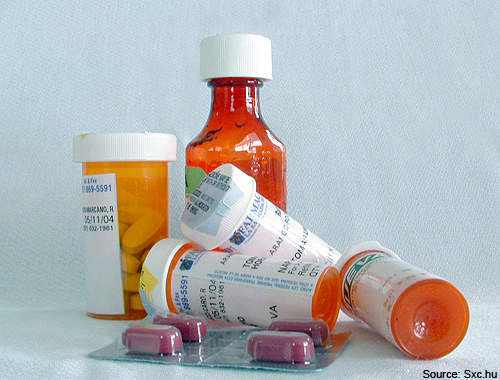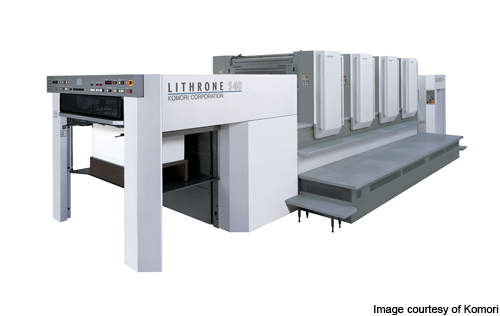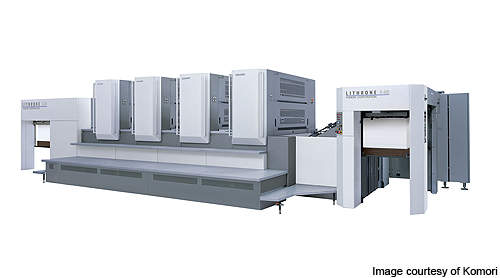Chesapeake’s facility in Belfast, Northern Ireland, primarily manufactures packaging products for the pharmaceutical and healthcare sector. The facility was built in 1999 by Field Boxmore and acquired by Chesapeake in 2002.
The facility produces self-adhesive labels and patient information leaflets for pharmaceutical products. It manufactures over 500m folding cartons per year for various customers in Europe. The Belfast site also has a design studio that provides graphic design and artwork services for all packaging formats.
Under a global investment programme, Chesapeake is investing in its pharmaceutical division to drive growth. The most recent investment under the programme was the installation of a new Komori Lithrone S40 press at the Belfast facility in December 2010. Installed at a cost of £1.5m, the new press has increased the plant’s carton printing capacity.
A print inspection system called EyeC Proofiler was also installed as part of the investment.
The investment was backed by Invest Northern Ireland (Invest NI), the regional economic development agency of Northern Ireland.
Technology
The EyeC Proofiler offline system helps in effectively checking printing results. The system works by digitally comparing samples from the printers with the customer’s signed-off proof. It then provides a report on the printed samples, based on which the printing job can be monitored and altered as required.
The Proofiler is of high importance especially in the pharmaceutical industry as the manufacturing facilities operate under strict GMP regulations. A false interpretation, illegible or incorrect information on print products will be liable to litigation. The Proofiler safeguards from such situations by identifying any deviations between the printed samples and proof copy.
Folding cartons can also be inspected using the Proofiler. In the case of cartons, the system automatically ignores die cut lines, embossed Braille and other such features. The system is easy to use and provides 100% text verification in any language.
Printers
The new Komori Lithrone S40 printing press was installed in three months and required some modifications to the existing building.
The six-colour press features fully automated plate changing and the Komori KHS-AI Advanced Interface system. It also features the Komori PQA-S print assessment system, which helps in producing sheets of the highest quality. The assessment system checks 100% of the printed sheets to identify even minute quality discrepancies. This feature plays a key role in meeting the highest production and quality specifications of markets such as Japan.
Other features of the press include ink and colour control, blanket washing, plate changing and camera technology. The press is also environmental friendly as it reduces printing-related carbon dioxide emissions. Test printing can be done at the rate of 12,000 sheets per hour (sph) and final printing at 16,000sph.
A similar press was installed earlier at Chesapeake’s Leicester facility in 2010 and is delivering good results. Chesapeake expects to gain similar benefits from the new press at the Belfast facility. The company decided to opt for a similar press as it would enable transfer of work between different production facilities.
One Komori press and two presses from Roland were already operating at the plant before the expansion.
Benefits
The Komori press was chosen based on its performance in terms of make-readies. The press can run at very high speed and reduces make-ready times by almost half. As a result, jobs can be prepared much faster. This feature will enable Chesapeake to meet tight deadline requirements, especially since pharmaceuticals have short runs.
The investment is expected to attract new customers looking to develop high quality products. An additional £10m worth of business is expected to be generated by these installations.





